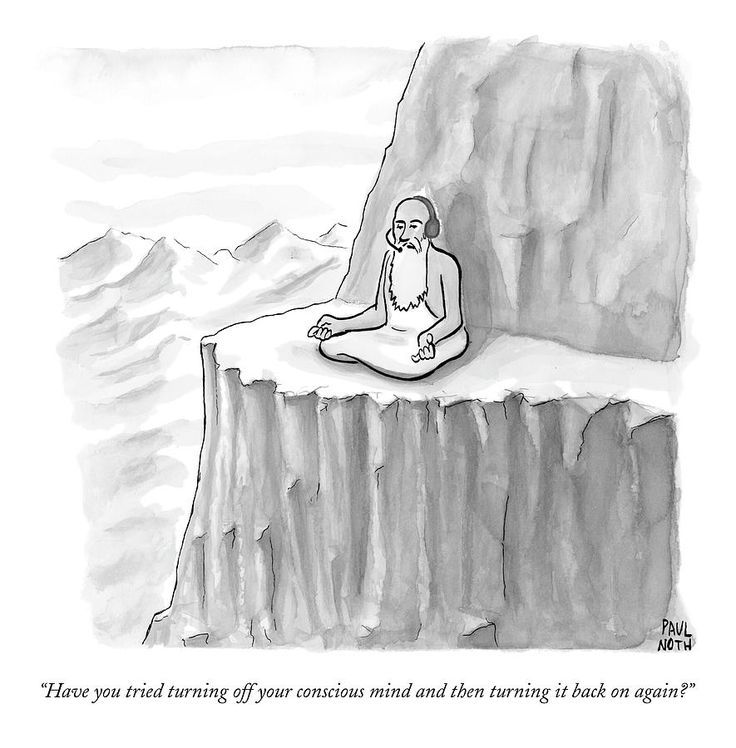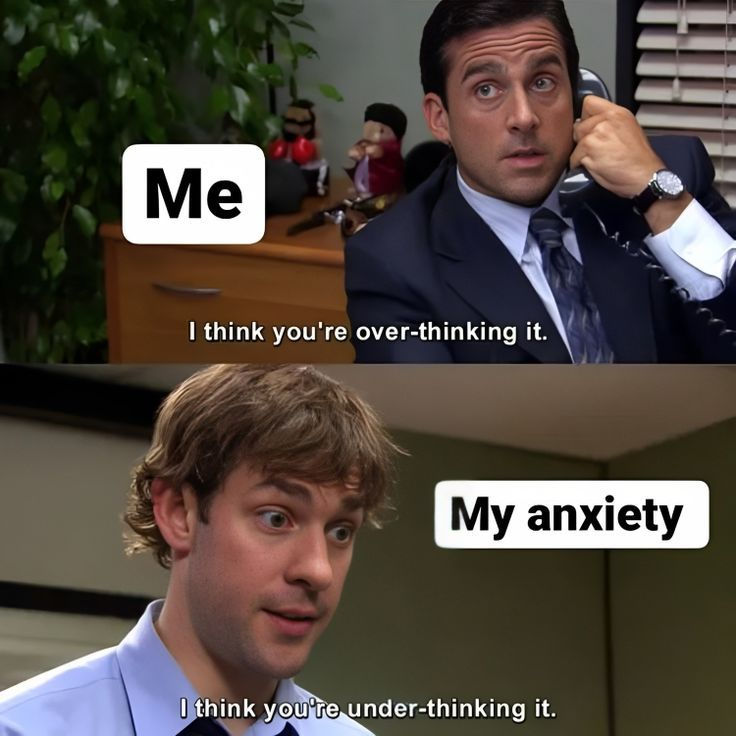The Voice In Our Heads & the Evolution of Consciousness
- Psykē

- Apr 11, 2025
- 3 min read
Updated: Aug 5, 2025
What can I say: there’s a voice in our heads, and it’s talking to us all the time.
You don’t have to believe me. Just stop for a second and “try not to think”—that usually gets it going.
I don’t know about you, but I spend most of my life thinking that voice is me (1).

It says: “my boyfriend should clean the bathroom,” and I believe it.
It says, “technology freaks me out,” and I believe it.
It says, “I want to get the job I interviewed for yesterday,” and I believe it.
Those are just a few snapshots of the millions of thoughts flowing through our collective consciousness on a daily basis.

Things start to get interesting when, like a photo, I “zoom in” on them.
When I “zoom in” on a thought, particularly a stressful thought, I start seeing how the voice in my head convinces me (2) it’s true.
For example, “my boyfriend should clean the bathroom.” Why do I end up believing this?
“Because we live together and I do it 98% of the time and it’s his turn,” says the voice in my head, not missing a beat. To “prove” it, I see images of me resentfully cleaning the bathroom last Tuesday.
I “remember.” My body does too, and tenses up. Cortisol peaks, and before you know it, I’m re-living it. All that gunk around the base of the toilet…gross!!
“All he does is hang out in his workshop watching Youtube,” continues the voice, showing me images of him doing that very thing yesterday afternoon. “If I don’t force him to do this, I’ll be slaving away cleaning the house until the day I die”—this delivered with a series of heart-wrenching images of me cleaning the bathroom by myself for decades, my hair slowly graying, on wrinkled hands and knees scrubbing the floor, trembling hands clutching a sponge.
Finally, the kicker: “it’s not fair.”
This sequence is the beginning of stress and the root of ideology. A thought or belief is presented, arguments are made, images from past and future, though illusory (3), are often implicated, and I believe it.
Understanding this mechanism is useful for those of us interested in reducing suffering and finding a way out of ideology on the collective level.

Hence my particular interest in stressful thoughts or beliefs that produce suffering. For the purpose of this post, I won’t be looking as closely at things the voice says that might be neutral or non-problematic, like “that rose is beautiful.”
There is a reason that thought would not cause stress for most of us: it’s because it would be true, not just for the voice, but also for that which observes the voice.
Imagine someone asked you, “which do you identify most with: observable phenomena, or that which does the observing?”
Duh, you might say. The one observing!
How odd, then, that we don’t live from that place in our minds.

When it comes to thoughts and beliefs, the human species is often completely identified with the voice in our heads (=observable phenomena). The one observing is left in the dust. When the voice in our heads convinces us that a thought or belief is true that is either unclear or untrue for the observer (the deepest place in ourselves), we suffer. We’re stressed, we live in tension, and conflict often arises.
We are, in short, confused.
It’s possible that suffering exists for a reason. Speaking for myself, if it weren’t for suffering, I wouldn’t have ever reevaluated what is true for me. There is another way to live, however. It involves observing what the voice says and questioning whether it really is true.
Stay tuned for more on that.
(1) How do I know it’s not? I don’t have absolute certainty, but the very fact that I can observe “the voice” indicates a priori that it is something distinguishable from the observer, in this case, me.
(2) Me being the observer of the thought (though, since this all happens in nano-seconds and is repeated hundreds if not thousands of times, we generally don’t register ourselves as observers–hence the power of meditation, because it slows that process down).
(3) Illusory in the sense that all we can ever live is what’s happening right now. Past and future live in our minds as concepts but have no further phenomenal weight (in our present experience).



Comments